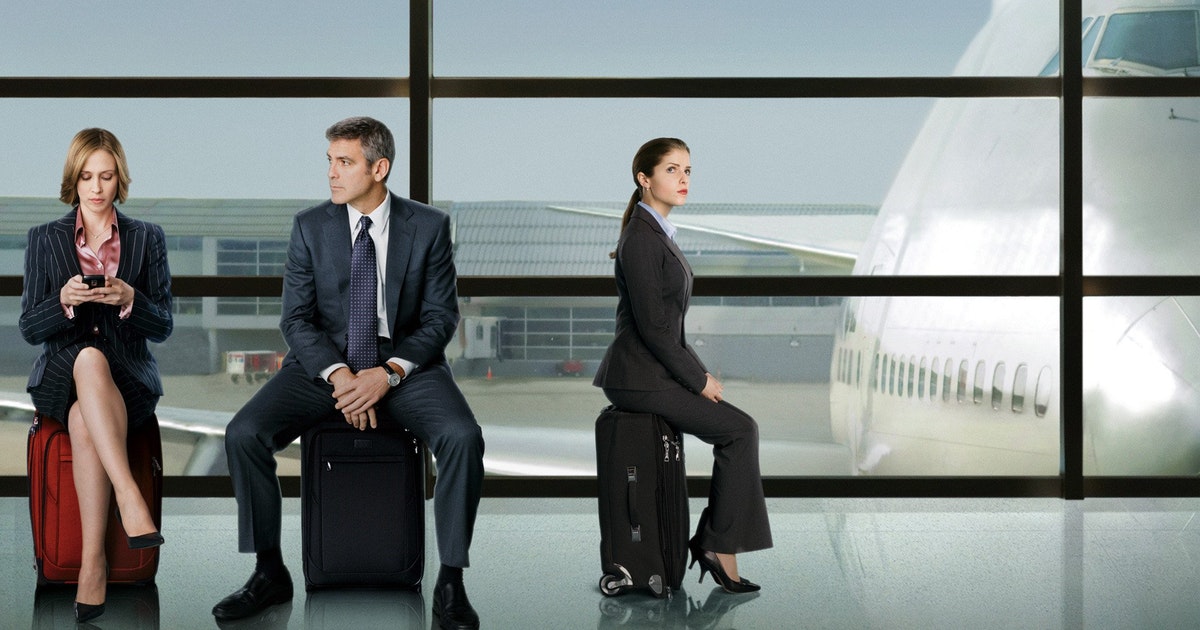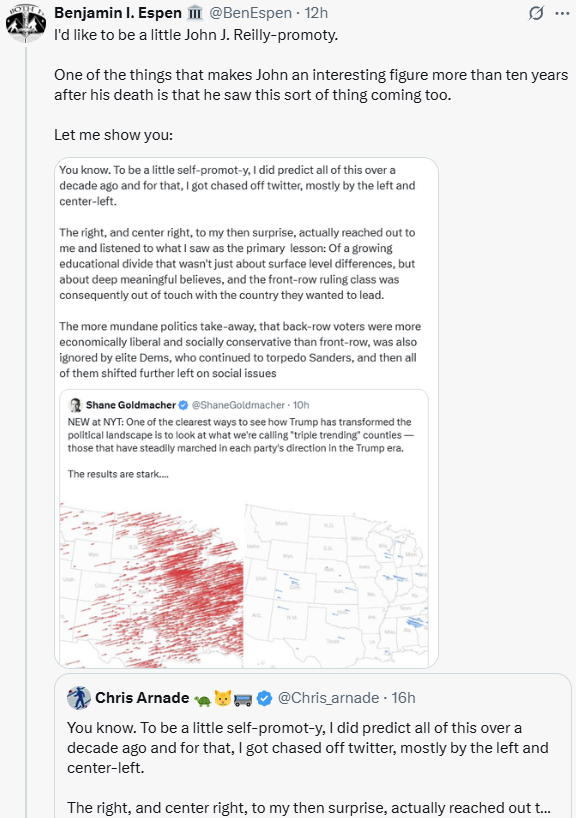The Long View: Up in the Air

Up in the Air, Walter Kirn’s 2001 satirical novel on frequent flyer culture, later made into a movie starring George Clooney and written by Jason Reitman, has always been of topical interest to me.
My father-in-law has lived that life for almost all of the time I have known him. In my professional life, I’ve often been only one degree removed from the frequent flyers who live in Airworld.
The book is probably truer to this world than the movie is. As Steve Sailer noted in his review of the movie, no man with George Clooney’s charisma would fly around the country just to fire people, he would schmooze clients with lots of money. The Clooney’s of Airworld do exist, it is just most of its denizens do things that don’t require quite so much glamour.
Up in the Air
by Walter Kirn
Doubleday, 2001
303 pages, US$23.95
ISBN: 0-385-49710-5
"To know me you have to fly with me."
So begins "Up in the Air," an opening line almost as memorable as "Call me Ishmael" at the beginning of "Moby Dick." The author, Walter Kirn, is currently the literary editor at GQ, though you are more likely to have seen his byline in "Time." He lives in Montana, which is very far away from everyplace else. No doubt he flies a lot. In any case, let history record that this is the novel that put business travel on the cultural map.
"Up in the Air" is prefaced by a six-day itinerary of Ryan Bingham, a business traveler rich in frequent flyer miles. One of the several storylines deals with how he arranges to pass the million mark at just the right moment. Another subplot, the most important, is about identity theft, or the rather the fracturing of identity; there is quite a lot of "Fight Club" in this book. Yet another shows how hard it is to finagle a job with the marketing consultants who control the universe. There is much more to "Up in the Air," however.
We have here a depiction of a new stage in the human condition, which Ryan Bingham calls "Airworld." (This term came along just in time; we have needed a new Never-Never Land since "cyberspace" went bust with the dot-coms.) While in this book Airworld seems to be confined to the United States west of the Mississippi, it could be universal. Airworld has its own culture, its own economy, even its own atmosphere. As Bingham puts it: "Planes and airports are where I feel at home. Everything fellows like you dislike about them - the dry, recycled air, alive with viruses; the salty food that seems drizzled with warm mineral oil; the aura-sapping artificial lighting - has grown dear to me over the years, familiar, sweet."
Bingham traverses Airworld in the practice of his personnel-management specialty, Career Transition Counseling (CTC). He does not fire people, and he does not help them find new jobs. What he does is exhort the newly terminated to find jobs for themselves. In this craft, he uses "grieving aids," including "squashables," well-worn teddy bears that some of his more introverted clients find comforting. To his credit, he hates this job. The itinerary with which the book begins is the skeleton of his plan to escape it.
Airworld is a cold place in some ways. "Fast friends," the seatmates he strikes up conversations with and usually never sees again, "aren't my only friends," Bingham tells us. Nonetheless, "they're my best friends, because they know the life - so much better than my own family." This is not to say that "Up in the Air" is without sentiment. It ends with a small-town homecoming, after a fashion. Airworld, like a novel by Dickens, even has its Worthy Poor, in the form of those polite people back in economy and coach. It's only in first class that airline personnel are in serious danger of attack by drunken louts.
Bingham's world is not frivolous. "There is grace in Airworld," he tells us after getting some sound in-flight financial advice from a consultant to the Lutheran Church. On the other hand, there is grave moral turpitude: "The truth is that I root for ball teams depending on where I am at the time and who I happen to be sitting with...I started the evening rooting for the Bulls in an O'Hare microbrewery and finished it whistling for the Timberwolves at the Minneapolis Marriott." There is also traveler's sex, mostly in Nevada, but in Bingham's case these interludes are cautionary tales.
In addition to viruses, the atmosphere of Airworld is full of paranoia: "I turn on my HandStar and dial up Great West's customer information site, according to which our flight is still on time. How do they keep their lies straight in this business? They must use deception software, some suite of programs that synchronizes their falsehoods worldwide." It's the little deceptions, Bingham suspects, that will eventually undermine trust in consensus reality.
During his quest to get a job at that cosmic consultancy, Bingham actually meets one of the hidden persuaders. "If you hear there's a 'they,'" the magus says, "get in on it, if only to be proactive and defensive." Indeed, some quite exotic rumors turn out to have a basis in fact. None of it helps, however.
Airworld has its own literature as well as its own folkways, chiefly thrillers and management books. Bingham is working on one of the latter, an inspirational allegory called "The Garage." (As a matter of fact, "Up in the Air" is a book for business travelers about a book written by a business traveler for business travelers. Self-reference like this is what they used to call "postmodernism.") It's easy to satirize management books, but there's something special about a satire that promises to impart "The Four Plenteous Attitudes."
Just as the tropics have malaria and the poles hypothermia, so Airworld has its peculiar syndromes. Bingham suffers from more than one of them. "My circulation is ebbing flight by flight - I can't feel my toes if I don't keep wiggling them, and that only works for the first hour on board." Another drawback to living in Airworld for an extended period is that your teeth decay; it's so hard to maintain a relationship with a good dentist.
"Up in the Air" will probably chime with most people's experience. There are sad-but-true vignettes, like this strangely inevitable conclusion to a long delay at a metal detector:
Guard: "Your boots, sir?"
Bingham: "They're new."
Guard: "They must have steel-lined arches."
As for Bingham's surmises that hidden powers are manipulating him, they don't turn out to be true in quite the way he supposed. Still, even they are the sort of thing that many ordinary travelers have darkly imagined on a long layover at some western hub.
Copyright © 2001 by John J. Reilly
This review originally appeared in the September, 2001 issue of Business Travel Executive.



Comments ()